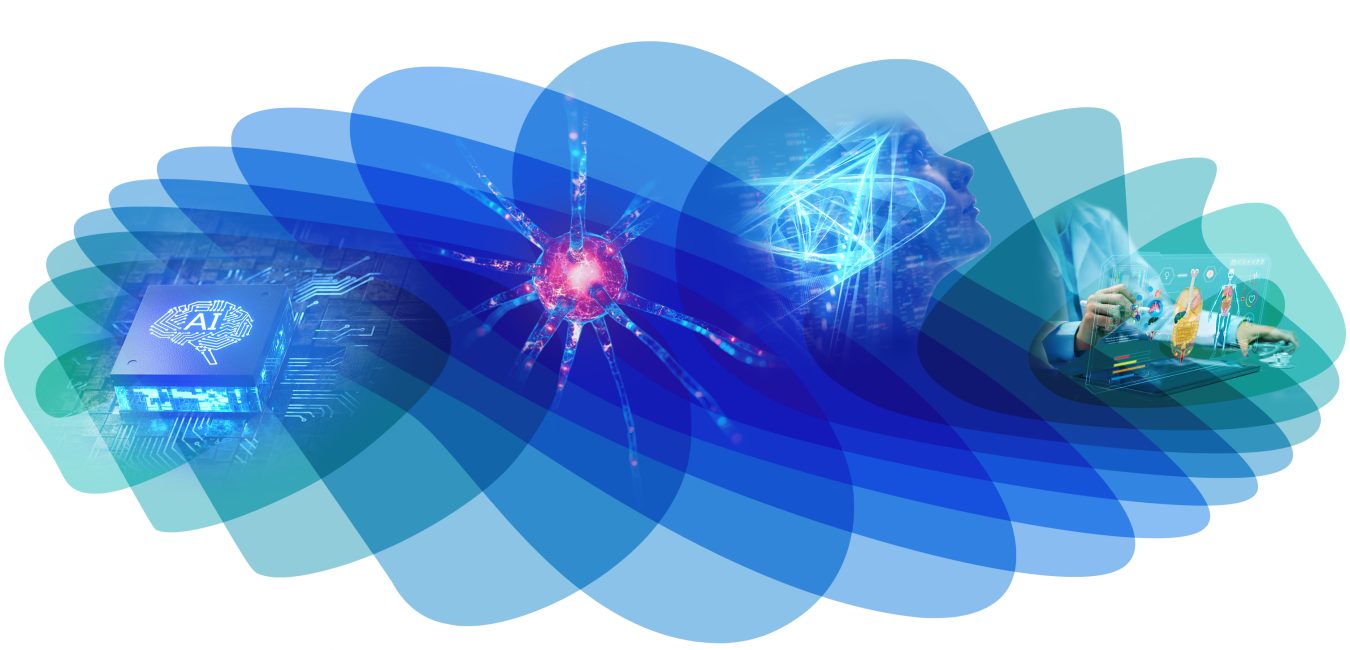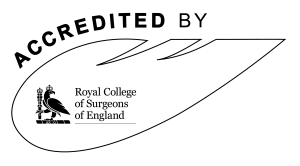Description
Improvements in pre-natal nutrition, care and diagnostic imaging has reduced incidence of fetal defects. Previously, fetal defects that were detected early could not be treated easily as tools and techniques did not exist. As such, parents would have to wait until their babies were born to be treated which meant certain conditions became much more severe. Advances in fetal medicine have enabled clinicians to treat congenital fetal defects in-utero whereby allowing the fetus to heal and develop naturally prior to birth. However, many of these procedures are quite invasive and complex for both the mother and unborn baby. Thus, this is an exciting opportunity for robotics and computer vision to explore.
The goals of this workshop are:
- Identify and explore the clinical challenges for in-utero fetal intervention – we will have a series of clinical presentations by maternal medicine clinicians and surgeons on fetal conditions such as open spina bifida, cardiac defects, congenital diaphragmatic hernia and twin-twin-transfusion syndrome
- Learn about the latest developments in robotics, surgical tool and computer vision – a group of experts in robotics, surgical tools and computer vision will present their latest research that could be applied to fetal surgery
- Brainstorm about problems and challenges to advance fetal medicine with robotics – the workshop will feature a roundtable discussion about challenges, issues and barriers to developing and translating technology to clinical use.
The workshop will also feature a demo session with maternal-fetal model and a poster session for researchers/trainees to share their work (based on participant interest).
Call for Student Posters
The organisers encourage extended abstract submissions from students working on research projects relevant to area of robotics, computer vision and fetal therapy. Authors of accepted abstracts will have the opportunity to present a poster about their work during the workshop. Posters will be judged by a panel from the workshop organising committee, with prizes awarded to a first place and a runner up. Abstracts and posters will be circulated to workshop attendees. Please submit your entry using the form below.
Important dates
- Call for posters – Deadline 6th May 2024
- Deadline for poster submission – 2nd June 2024
- Applicants notified for poster acceptance – 9th June 2024
Programme
| 08:00 - 08:30 | Registration & Coffee | |
| 08:30 - 08:45 | Welcome and Introduction | Dr Thomas Looi (Hospital for Sick Children) |
| 08:45 - 09:45 | Fetal Surgery: Current Achievements and Engineering Challenges | Dr Jan Deprest (KU Leuven and University College London) |
| 09:45 - 10:30 | Robotic Approaches to Fetal Surgery | Dr Tim van Mieghem (Mt. Sinai Hospital) |
| 10:30 - 11:00 | Coffee Break | |
| 11:00 - 11:45 | Open Spina Bifida Repair | Dr James Drake (Hospital for Sick Children) |
| 11:45 - 12:25 | MR-guided High Intensity Focused Ultrasound for Fetal Therapy | Dr Adam Waspe (Hospital for Sick Children) |
| 12:25 - 12:30 | Poster teasers | Poster presenters |
| 12:30 - 13:30 | Lunch Break | |
| 13:30 - 13:55 | Robotic Tools for Fetal Surgery | Dr Emmanuel vander Poorten (KU Leuven) |
| 13:55 - 14:20 | TBD | Dr Selene Tognarelli (Sculoa Superiore Sant'Anna) |
| 14:20 - 14:45 | TBD | Dr Tom Vercauteren (King's College London) |
| 14:45 - 15:10 | TBD | Dr Maria Chiara Fiorentio (Universita Politecnica della Marche) |
| 15:10 - 15:30 | Coffee Break | |
| 15:30 - 15:55 | Computer Vision for Fetal Surgery | Computer Vision for Fetal Surgery |
| 15:55 - 16:20 | TBD | TBD |
| 16:20 - 17:05 | Roundtable discussion | Roundtable discussion |
| 17:05 - 17:15 | Poster Awards and Wrap-up | Poster Awards and Wrap-up |
| 17:15 | Workshop End | |
Learning Outcomes
The overall goal is to teach attendees about the current state of in-utero fetal surgery and the latest in surgical robotic and computer vision research. The workshop attendees will learn about the following:
- Clinical background of fetal defects such as open spina bifida, cardiac defects, congenital diaphragmatic hernia and twin-twin-transfusion syndrome
- Clinical challenges and limitations of current tools and techniques through a hands-on demo with a state of the arm training model
- Advances in minimally invasive surgical and robotic tools ]
- Advances in computer vision research
Organisers
- Mr Thomas Looi, Hospital for Sick Children
- Dr Tim Van Mieghem, Mount Sinai Hospital
- Dr James Drake, Hospital for Sick Children
This workshop is accredited for 6 CPD points.


